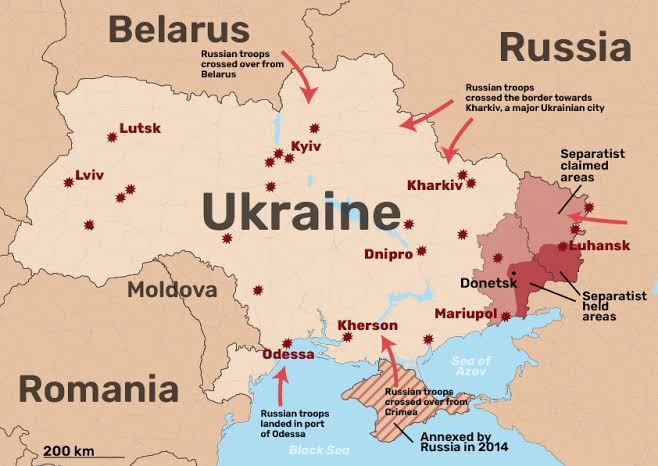� Nigerian airlines are stacking millions of naira into the loss column of their balance sheets as a result of bad weather. Torrential rainfalls and thunderstorm clouds have led to flight cancellations and delays. According to airlines, this year�s...

�
Nigerian airlines are stacking millions of naira into the loss column of their balance sheets as a result of bad weather.
Torrential rainfalls and thunderstorm clouds have led to flight cancellations and delays.
According to airlines, this year�s rain has lasted relatively longer than past years and has been accompanied by thunderstorm and low level wind shear.
This has forced operators to suspend some flights and delay others.
The Nigeria Meteorological Agency had early in the year predicted that this year�s rains would be longer.
It predicted that the weather would be accompanied by heavy flooding and thunderstorm.
According to information gathered from economic confidential, one of the major operators had an aircraft damaged by lightening, forcing the management to ground it.
In another instance, a large body aircraft narrowly escaped damage when lightning struck at the international wing of the Murtala Muhammed Airport, Lagos, creating a crater on the tarmac near the aircraft�s position.
Corporate Affairs Manager of Dana Air, Kingsley Ezenwa, who spoke with journalists, blamed bad weather for affecting the smooth operations of airlines in the country.
He further said that the management of the airline accurately followed weather�s idiosyncrasies to ensure the right decisions are made at any time.
He said, �Weather sometimes affects on-time-performance and as a safety conscious airline, we rely on a good weather report to fly and also ensure the passengers are comfortable and do not experience discomfort in case of meeting the bad weather en-route.
�Sometimes, flights are delayed till the weather gets better and some passengers also get agitated.
�We try our best to also enlighten them and most are beginning to understand these issues. Irrespective, our on-time performance record has been good and we hope to maintain it.�
A major operator told journalists that aircrafts are fortified against lightening but not equally.
He counselled other operators to take cognisance of peculiar issues of weather and ensure the aircraft is built with the ability to resist such natural phenomenon.
�We live in the tropical region where there is heavy lightening because we are very close to the equator.
�There is lightning and thunder resistant instrument installed in every aircraft called lightning rods and lightening arrester.
�There are about three whiskers in Bombardier CRJ 900 but we requested the manufacturer to add two more.
�Bombardier has a net of thunder arresters on its whole body, which helps it to resist lightening.
�One day, one of the Bombardier aircrafts was struck while airborne and the pilot communicated the incident but because of the fortification, nothing happened to the aircraft.
�So for us operating in the tropical zone we have to take extra measure to fortify our aircraft against lightning and thunderstorm.
�This is the advantage when you order your own aircraft some of these things can be custom made to suit your operational environment,� the operator said.
Poor weather conditions are expected to continue in November, leading up to the low visibility brought on by Harmattan at the end of December.
Travel News Reports AddThis :� Original Author :� SaharaReporters, New York Disable advertisements :�


















